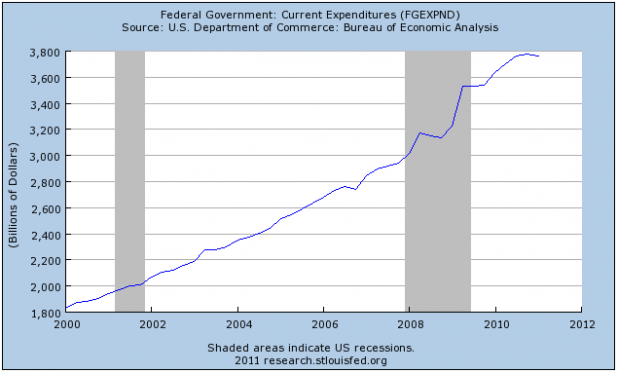SAO PAULO (Reuters) – The International Monetary Fund cut its forecast for U.S. economic growth on Friday and warned Washington and debt-ridden European countries that they are “playing with fire” unless they take immediate steps to reduce their budget deficits.
The IMF, in its regular assessment of global economic prospects, said that bigger threats to growth had emerged since its previous report in April, citing the euro zone debt crisis and signs of overheating in emerging market economies.
The global lender forecast that U.S. gross domestic product would grow an anemic 2.5 percent this year and 2.7 percent in 2012. In its forecast just two months ago, it had expected 2.8 percent and 2.9 percent growth, respectively.
The outlook elsewhere was mixed. The IMF said it was slightly more optimistic about the euro area’s growth prospects this year, but a lack of political leadership in dealing with that crisis and the budget showdown in the United States could create major financial volatility in coming months.
“You cannot afford to have a world economy where these important decisions are postponed because you’re really playing with fire,” said Jose Vinals, director of the IMF’s monetary and capital markets department.
“We have now entered very clearly into a new phase of the (global) crisis, which is, I would say, the political phase of the crisis,” he said in an interview in Sao Paulo, where the forecast was published.
In the United States, the political problems include a fight over raising the debt ceiling. Fears that the world’s biggest economy could default, even briefly, have rattled markets, with Fitch Ratings saying even a “technical” default would jeopardize the country’s AAA rating.
Meanwhile, Greece has edged closer to default as euro zone officials disagree on a possible second aid package for the indebted country. With strikes and protests around the country, political turmoil has added to uncertainty, stoking fears that the government will not be able to tighten its belt enough to reduce crippling deficits.
“If you make a list of the countries in the world that have the biggest homework in restoring their public finances to a reasonable situation in terms of debt levels, you find four countries: Greece, Ireland, Japan and the United States,” Vinals said.
Read the rest here.
Comments »

